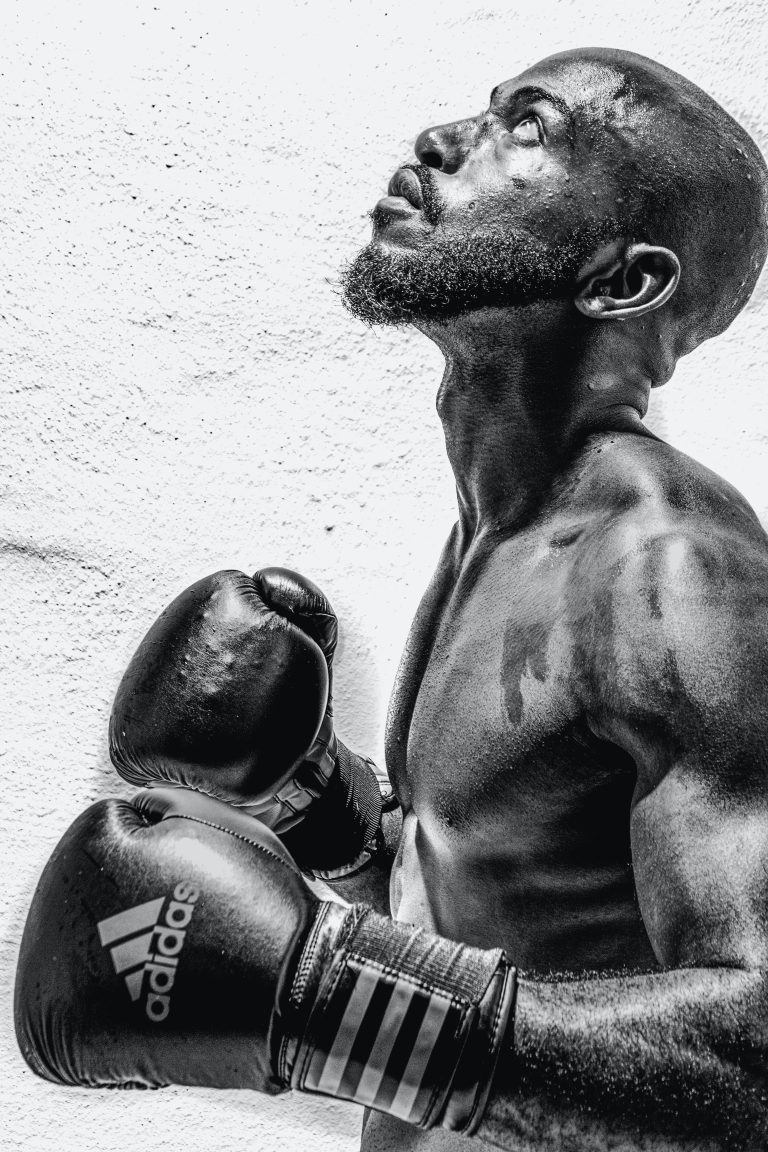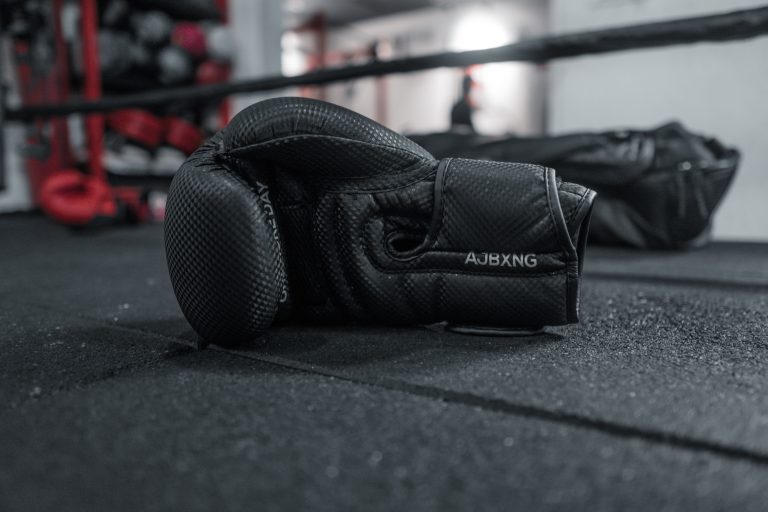Are Karate Classes Suitable for Kids?
Karate is an ancient form of martial arts that was developed centuries ago in Japan as a method of self-defense. It has grown in popularity over the years, and today is a popular form of physical activity and exercise for many people, of all ages. But is it suitable for children? This is a common question for parents who are considering signing their kids up for karate classes. In this article, we will take a look at the benefits and risks associated with enrolling children in karate classes, the considerations to keep in mind, and how parents can ensure their child is safely and appropriately trained in the martial art.
The Benefits of Karate Classes for Kids
Karate classes for children come with many benefits that can help kids develop physical strength, mental acuity, and emotional maturity. Here are just a few of the ways that karate classes can help kids:
1. Improved Strength, Endurance, and Coordination
Karate classes can help kids build physical strength, endurance, and coordination. The exercises and movements of karate challenge the body and help build muscle tone and improve coordination. With improved strength and coordination, kids can become more agile, athletic, and confident in their physical abilities.
2. Good Stress Relief
Karate can be a great way for kids to release stress and tension. The physical movement and focus on technique helps clear the mind and provide an outlet for any emotions or frustrations they may be feeling. Karate also teaches kids to be assertive, which can help them cope better with any difficult situations they might face.
3. Improved Confidence
Participating in karate can give kids an improved sense of confidence in their physical abilities and their ability to defend themselves. The classes teach hand-eye coordination, concentration, and focus, which can have a positive mental impact on kids outside the dojo as well. Moreover, reaching the different levels of training can instill a sense of pride and accomplishment in too.
Safety Considerations for Kids in Karate Classes
While karate classes come with many benefits for children, it’s also important to be aware of potential risks. While there is debate as to whether martial arts is beneficial or dangerous for children, there are some safety considerations that parents should be aware of.
1. Age Appropriateness
Most karate schools only accept children over the age of four or five in their classes. Small children may be too young to take on board instruction or to control their energetic movements. Moreover, contact sports like karate may be too much for younger children as well – it may be worth waiting until your child is older before enrolling them in karate classes.
2. Supervision
When taking karate classes, it is important that kids are properly supervised both during and outside the class time. The most important rule is to ensure that no one gets hurt by mistakes or misbehaviour. The instructor should pay close attention to any overly aggressive or dangerous behaviour, or any issues between students. They should intervene if necessary and also check that no student is engaging in unauthorised contact outside the class.
3. Respectful Environment
Karate classes should be conducted in an environment that is respectful to all students – this includes being respectful to each other as well as to the instructor. This means avoiding any foul language, demonstrating good sportsmanship, following through on tasks until completed, and using appropriate manners. Bullying or other unsafe behaviour towards other students should not be tolerated.
Tips for Parents before Enrolling Children in Karate Classes
If you’re considering enrolling your child in karate classes, there are certain steps you can take to ensure they receive appropriate instruction and guidance in this often-dangerous martial art:
1. Choose a Good Dojo
The first step is to find an accredited karate dojo run by an experienced master. Be sure to research the dojo and the instructor before you sign your child up for classes – if possible seek online reviews or take a look at online videos of the dojo in action. Choose a dojo that is attentive and disciplined in their instruction, but not overly strict or authoritarian – this can make it difficult for kids to learn effectively and also creates an unfriendly environment which can be off-putting for kids. Visit the dojo if possible and meet ahead of time with the instructor to ensure it’s a good fit for you and your child.
2. Choose Appropriate Gear
The next step is to equip your child with the appropriate gear for karate classes – this includes footwear such as kung fu shoes or martial arts shoes; protective gear such as shin guards, groin protectors and mouthguards; clothing such as martial arts pants or gis; and sparring gloves or other safety equipment if sparring is allowed in your chosen dojo.
3. Ensure Your Child is Ready
Finally, it’s important to make sure your child is mentally as well as physically ready for karate classes. It’s important that they’re motivated to learn and willing to cooperate with their instructor – otherwise they may struggle or even become disruptive during class time. It’s also important that you have the right expectations – understand that it will take time for your child to become proficient at karate and that each student progresses at a different rate depending on how much effort they put into it.
Conclusion
Karate classes offer many benefits for children, from improved physical strength and coordination to improved confidence. However, there are certain risks associated with enrolling children in karate classes too – it’s important to do your research first and ensure that both you and your child are happy with the chosen dojo before signing up for classes. Finally, remember to equip your child with appropriate gear and ensure they’re mentally ready before starting classes – this will help you get the most out of their experience in the dojo!
Inhaltsverzeichnis






